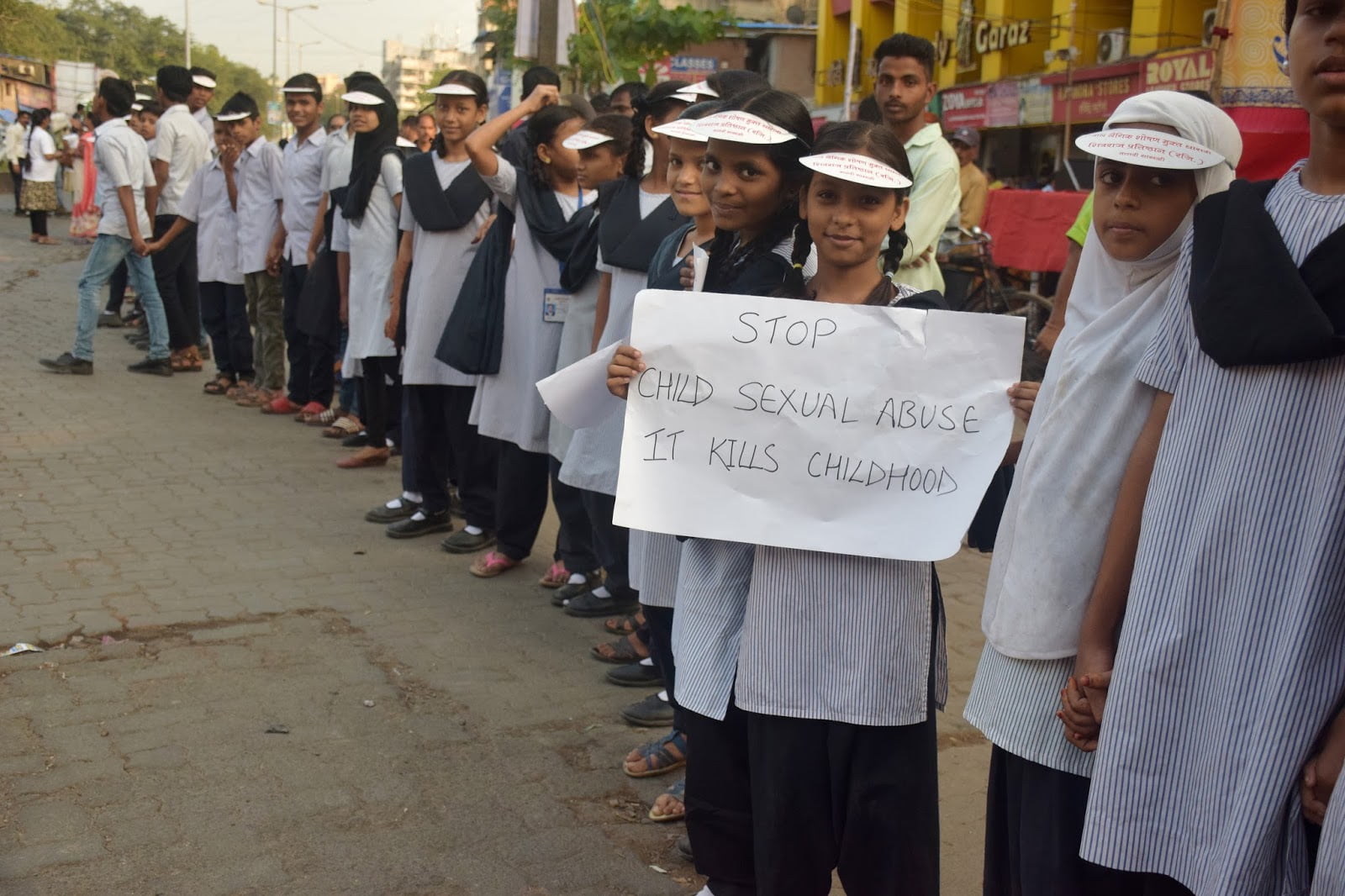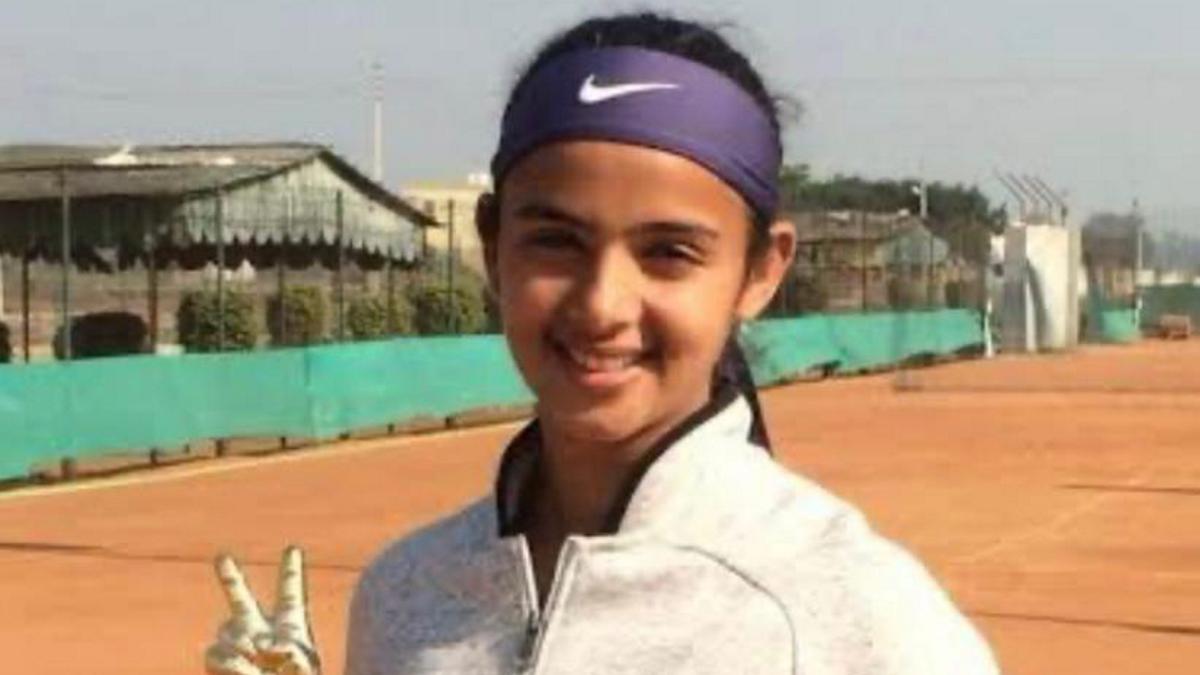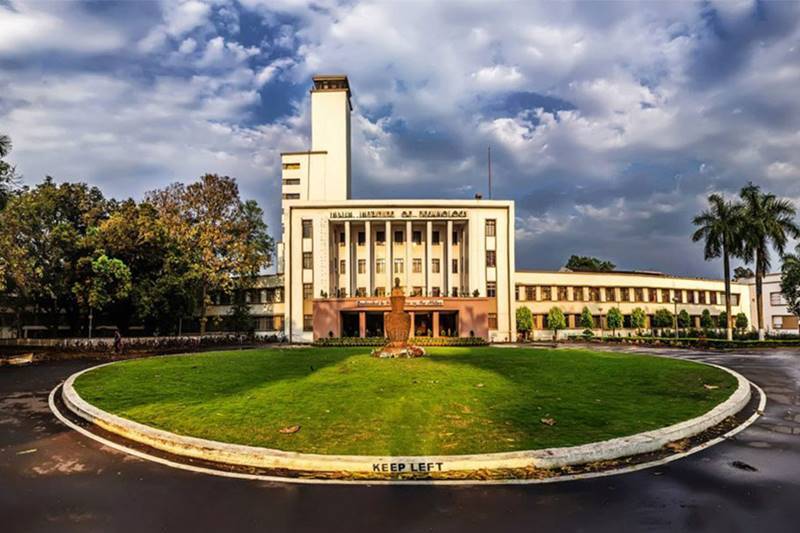Trigger Warning: Child Abuse, Sexual Harassment
It is children that form the edifice of any society as it is they who make for the leaders of tomorrow. India houses more than 253 million adolescents and every 5th person is between the ages of 10 to 19 years. In order to protect, safeguard and secure the rights of children the Landmark POCSO act was implemented in 2012 to provide children legal protection from sexual and physical assault.
“The use of professional counselling services must also be encouraged especially because many parents are unaware that this can help the child deal with trauma. Above all, there is an urgent need to ensure that the so-called honour of the family is not prioritised over the interest of the child. The state must encourage families to report cases of abuse even where the perpetrator is a family member.”
D.Y Chandrachud, CJI
As 2022 marks the decade long anniversary of POCSO, the Chief Justice of India, D.Y Chandrachud has made comments on child protection and the need for sensitisation in light of POCSO act at the inaugural ceremony of the two-day National Annual Stakeholders Consultation on Child Protection. The ceremony was organised by the Supreme Court Committee to address the issue of ‘Juvenile Justice’ and the need to protect the rights of voiceless children. The event was in collaboration with the ministry of women and child development and UNICEF.
Owing to the heinous crimes committed against children, the POCSO Act was first introduced in India in 2012 to safeguard children against sexual offences. As per definition, it is “an act to protect children from offences of sexual assault, sexual harassment, and pornography and provide for the establishment of Special Courts for the trial of such offences and matters connected therewith or incidental thereto.”
Also read: Childhood Abuse Can Lead To Personality Disorder
The issue of child abuse becomes more difficult and complex to address as families become it’s larger perpetrators. A 2005 study showed that 79.4% of child abusers were the parents, and the next largest pool of abusers consisted of unmarried partners of the parents of child victims. A whopping 40% of child victims were abused by their mothers acting alone, and a disturbing 17.3% were abused by both parents.
To draw emphasis on this matter,The 63-year-old CJI in his speech talked about several reforms about not only the legal aspects of the act but also the various structural changes that were required while carrying out trials under the POCSO act. Chandrachud went a step further to emphasise the importance of sensitivity which was a prerequisite to dealing with cases of children and claimed that through the altering of judicial curricula, judges could be made more aware of the predicament of abused children.
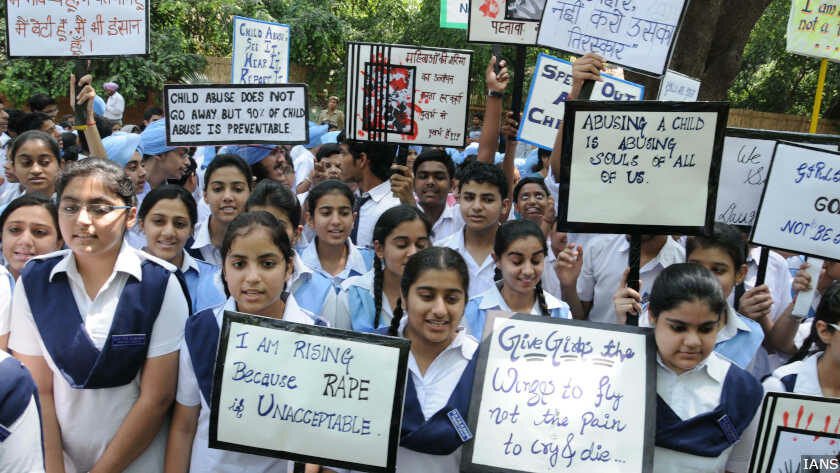
Through the course of his 17-minute speech, the CJI recognised the prevailing culture of silence about child abuse because of which timely provisions of justice could not be enforced.
“While the mandatory reporting requirement in the POCSO Act is aimed at addressing the issue of reporting, it is essential to ensure that this does not prevent access to healthcare. Therefore, in my judgment for the Supreme Court, I recognised this principle in X vs The Principal Secretary Health and Family Welfare Department of the NCT of Delhi where we ruled that registered medical practitioners need not immediately disclose the name of the minors to the authorities in case of the minor seeks an abortion but does not wish to be involved with the criminal justice process until access to health care is received.”
D.Y Chandrachud, CJI
Victims of sexual abuse often do not report traumatic instances because of power dynamics, fear and threat. The all-pervasive nature of abuse thus becomes fundamental to address. As per the official website of UNICEF ‘Sexual violence knows no boundaries. It occurs in every country, across all parts of society. In this regard, he noted that “The families of child victims are immensely hesitant to file a complaint with the police so we must be very careful about entrusting excessive powers to the police. The slow pace of the criminal justice system is undoubtedly one of the reasons for this but other factors play a significant role as well, issues concerning the sexual abuse of children continue to be plagued by immense stigma.”
Also read: Muslim Personal Law (Shariat) Vs POCSO: Analysing The Kerala HC Verdict
A significant demographic of children also live on streets and are forced to fend for themselves from an early age thus access to justice takes centre stage while protecting the rights of these marginalized groups among children. According to a report, 356 million children, i.e., 17.5 percent children, live in extreme poverty, earning less than 1 dollars a day. The children living on streets are a result of a combination of factors. Unemployment, poverty, violence at home, family disintegration, lack of shelter, rural-urban migration, displacement due to floods, drought or any other calamity are cited as some of the major reasons for the growing menace as well as social exclusion within societies with high inequalities.
As per UNICEF, at least 120 million girls under the age of 20 – about 1 in 10 – have been forced to engage in sex or perform other sexual acts, although the actual figure is likely much higher. Roughly 90 per cent of adolescent girls who report forced sex say that their first perpetrator was someone they knew, usually a boyfriend or a husband.
For children to have adequate access to healthcare facilities and support systems to keep their identity anonymous are some challenges that India currently grapples with. In this regard, CJI Chandrachud comments that “While the mandatory reporting requirement in the POCSO Act is aimed at addressing the issue of reporting, it is essential to ensure that this does not prevent access to healthcare. Therefore, in my judgment for the Supreme Court, I recognised this principle in X vs The Principal Secretary Health and Family Welfare Department of the NCT of Delhi where we ruled that registered medical practitioners need not immediately disclose the name of the minors to the authorities in case of the minor seeks an abortion but does not wish to be involved with the criminal justice process until access to health care is received.”
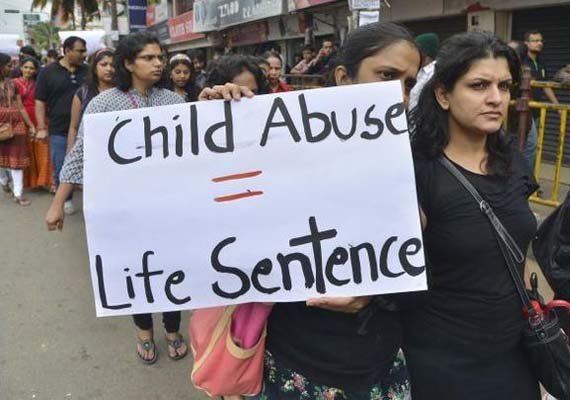
Sexual abuse among children remains rampant in India, scarring children from an early age that affects their cognitive abilities and deprives them to lead fuller and more contented lives. As per UNICEF, at least 120 million girls under the age of 20 – about 1 in 10 – have been forced to engage in sex or perform other sexual acts, although the actual figure is likely much higher. Roughly 90 per cent of adolescent girls who report forced sex say that their first perpetrator was someone they knew, usually a boyfriend or a husband.
To deal with cases of sexual abuse the judge notes that “The use of professional counselling services must also be encouraged especially because many parents are unaware that this can help the child deal with trauma. Above all, there is an urgent need to ensure that the so-called honour of the family is not prioritised over the interest of the child. The state must encourage families to report cases of abuse even where the perpetrator is a family member.”
Also read: Here’s Why Child Sexual Offenders Should Be Charged Under POCSO & Not IPC
Another interesting domain that the CJI talked about was that of re-victimising the abused, which could happen during the process of rehabilitation, trial and cross-examination therefore it was necessary to state that we must look forward think about innovative means and move away from conventional methods of course consistent with the rule of law. The curriculum of schools, of police and judicial academies, have to be evolved and we must have a national model, particularly for the state judicial academies. Child psychology and techniques for communication must be focused upon when we train our judges and public prosecutors. Furthermore, he expressed the need to revise the age of consent from 18 years to keep up with changing times.
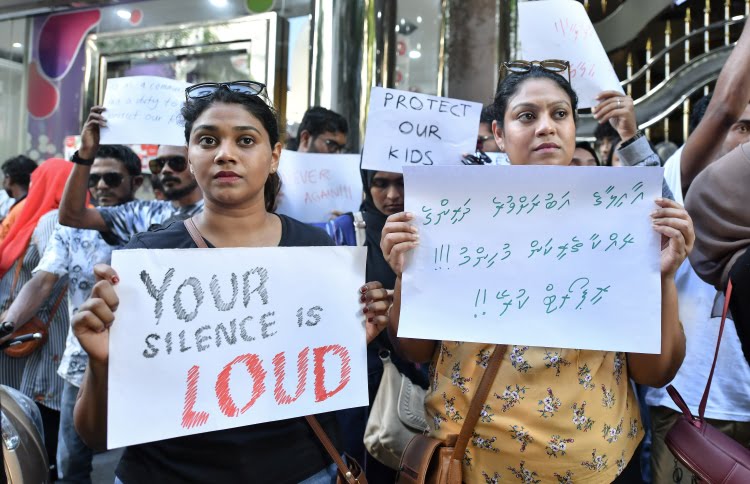
Therefore, it is through forward-looking ideas and the acknowledgement of the need to reform legislative and judicial structures that institutional and structural changes can take place to enforce acts such as the POCSO. As children form the foundation of any functional society their voices must be heard, and their rights are guarded so that they can fully express their agency. Thus, the reforms proposed are a small step towards tackling the pressing issue of child abuse in India.
About the author(s)
Anshula Agarwal is a third-year student of Political Science currently based in Gurgaon and has an immense love for language, literature and movies. She comes across as witty, cheerful and a dedicated individual who is eager to learn things. Some of the things that interest her include basketball, cheesy romance novels, and good conversations.
